Shaping tomorrow’s workplace: Worktech Excellence track to lead conversations at HR Tech Asia 2025

HR Tech Asia 2025’s Worktech Excellence track explores how technology, space, and culture converge to shape the future of work.
Workplace loneliness: Why it impacts one in five employees today

Research finds a clear correlation between workplace loneliness and disengagement, a trend that may be worsening because of remote work.
Covid-19, five years later: Why HR is ‘still recovering’

As the anniversary of the US shutdown approaches, one HR leader advises that it is critical for HR to say, “What are the lessons we learned?”
Toyota mandates return to office for North American salaried staff

Toyota’s RTO mandate emphasises mentoring, growth, and culture, aligning with trends among major employers like Amazon and JPMorgan Chase.
Singapore’s talent paradox: Employers seek tech wizards, jobseekers prioritise practicality

Balancing high-tech hiring with jobseekers’ preference for practical roles is the key challenge facing HR in Singapore’s evolving job market.
How Singapore’s new FWA guidelines shape the future of business

Deel’s Karen Ng highlights how Singapore Tripartite Guidelines on FWA positions organisations to attract global talent and foster agility.
Five ways HR leaders can hire with purpose in 2025

Hiring strategies for 2025 need to look a bit different than in previous years, as factors including AI and the demand for flexibility are changing the game.
Organisational leadership: Trends, challenges, and opportunities in 2024 and beyond

Leadership trends for 2025 will focus on driving innovation, enhancing communication, and prioritising employee wellbeing, according to Glenn van Zutphen.
Why flexible work is the cornerstone of Mediacorp’s evolving workplace culture
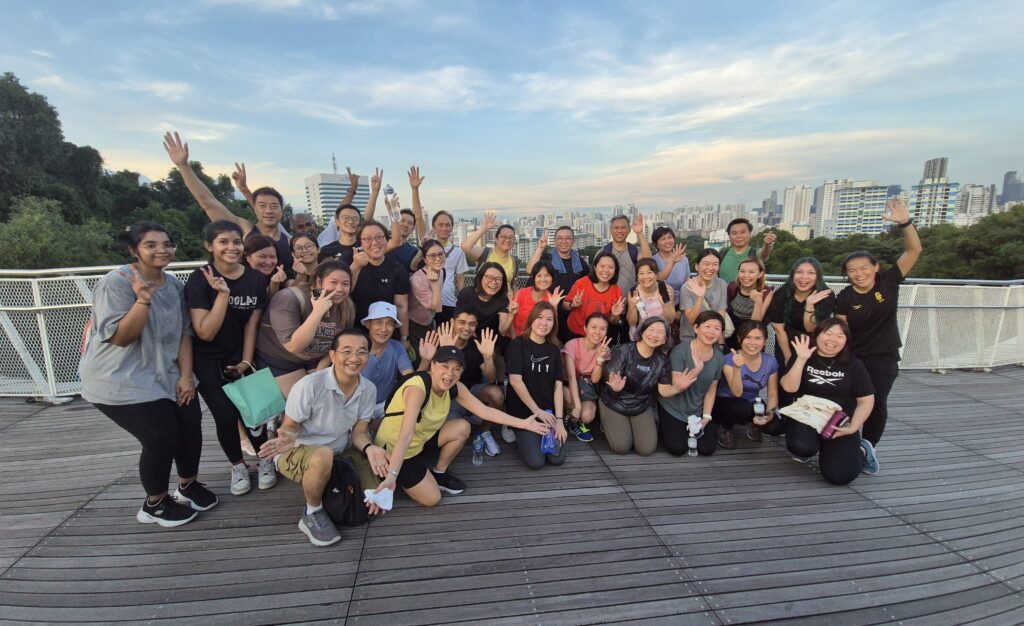
Mediacorp’s CHRO Lilian Tan reflects hybrid work as a transformative force reshaping flexibility, collaboration, and inclusion in today’s workplaces.
HRM Magazine Asia Q4 2024 issue is now available

HRM Magazine Asia’s Q4 issue explores transformative HR trends, leadership insights, and workplace innovations shaping the future of work.
HR 2025: Bridging generations, transforming workplaces

Part two of this series explores how HR leaders are navigating the complex landscape of shifting expectations and technological advancements.
HR 2025: The human touch in the digital age

The first of a two-part series explores how HR leaders are navigating global shifts, blending technology with empathy to drive innovation, wellbeing, and inclusion.
For Gen Z, hybrid work isn’t just a vibe—it’s a call for companies to listen
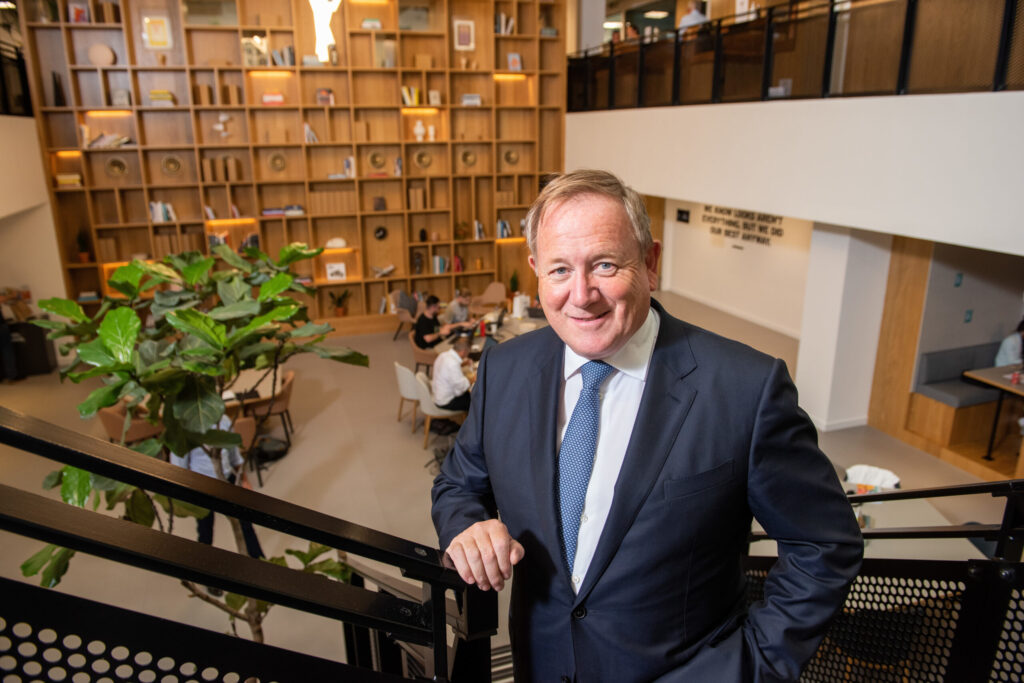
Mark Dixon of International Workplace Group stresses that organisations must adapt to Gen Z’s hybrid work expectations to attract top talent.
Want employees to return to office? Give them a reason to do so

Unilateral return-to-office mandates are backfiring because organisations are failing to understand employees’ needs and preferences.
Pioneering flexibility and compliance in the evolving Asian workforce
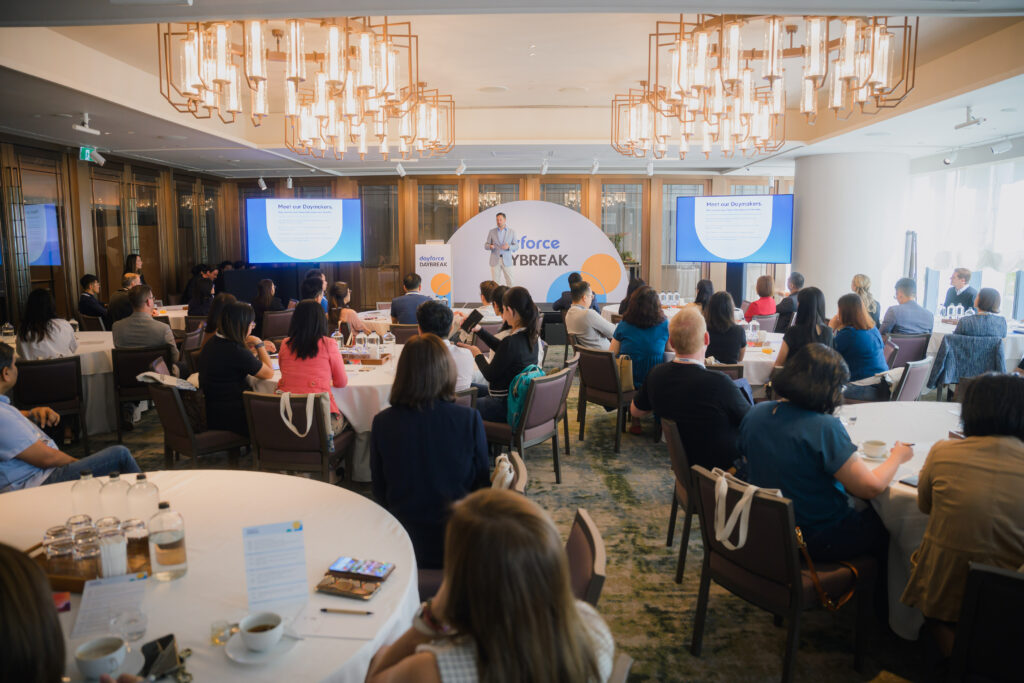
Dayforce is continuing to demonstrate how it is making work life better for organisations in Asia through their people and technology.
RTO will not increase workplace collaboration, Amazon told
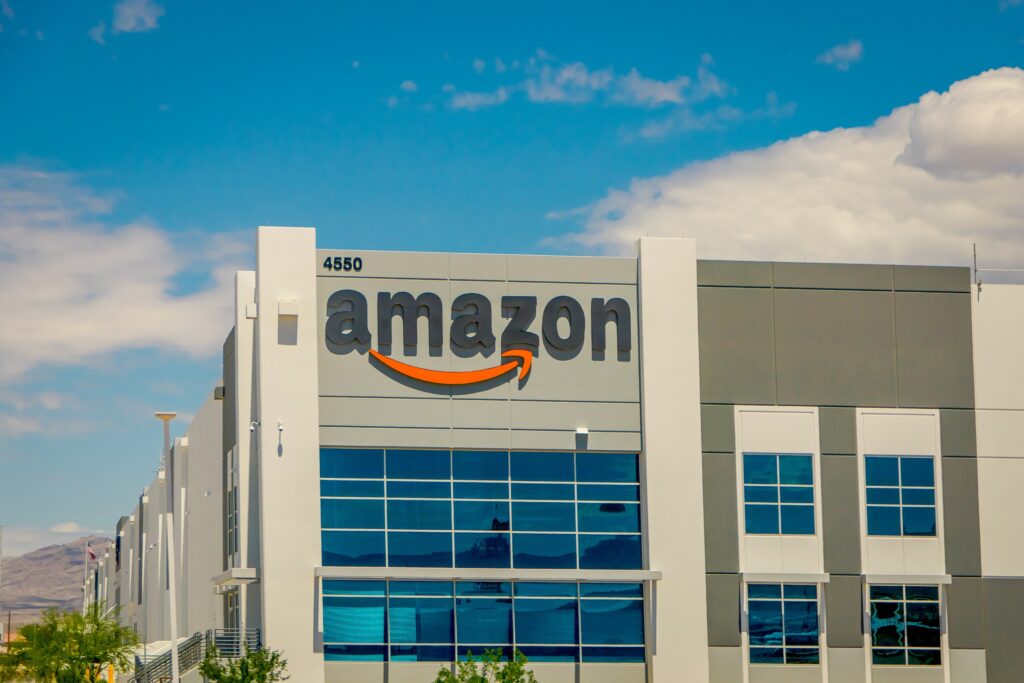
Australian software company Atlassian has refuted Amazon’s claims that being physically in office is necessary to improve workplace collaboration.
Time to work and play: Is workcation the next extension of hybrid working?

The concept of work and leisure at locations around the world may not be a pipe dream, if boundaries are drawn and key steps taken.
Hybrid work models and higher pay reshape Singapore’s gig economy
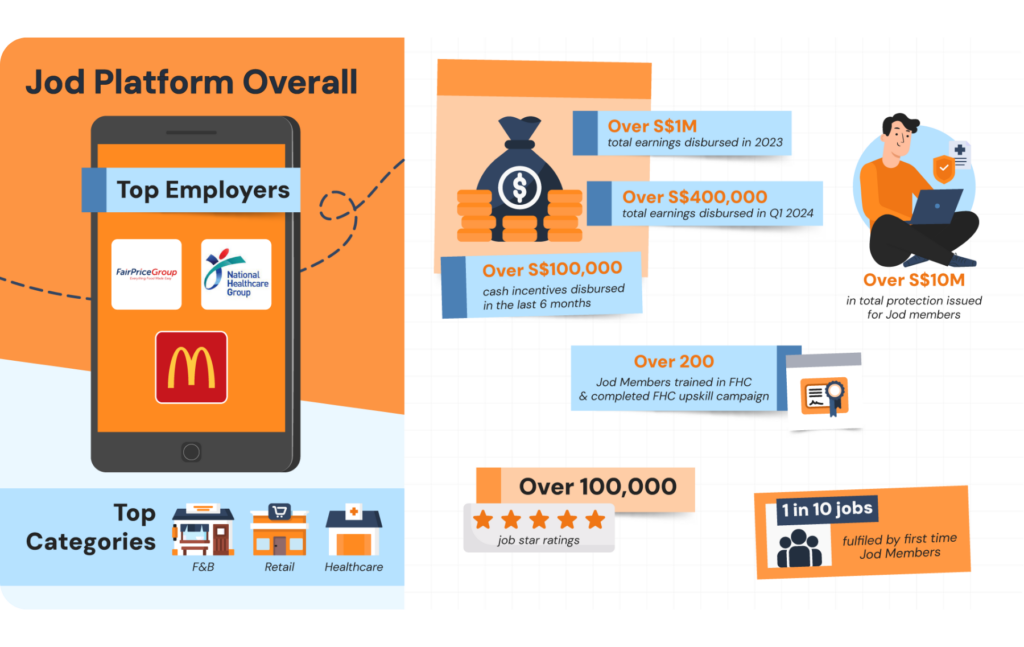
Singapore’s gig economy is booming, with a 50% surge in job applications and rising earnings in the healthcare and hospitality sectors.
This management theory could reshape the return-to-office debate

i4cp’s Kevin Oakes explores the return-to-office controversy through the lens of the classic management theory Management by Objective.
Art, science and effective hybrid workplaces
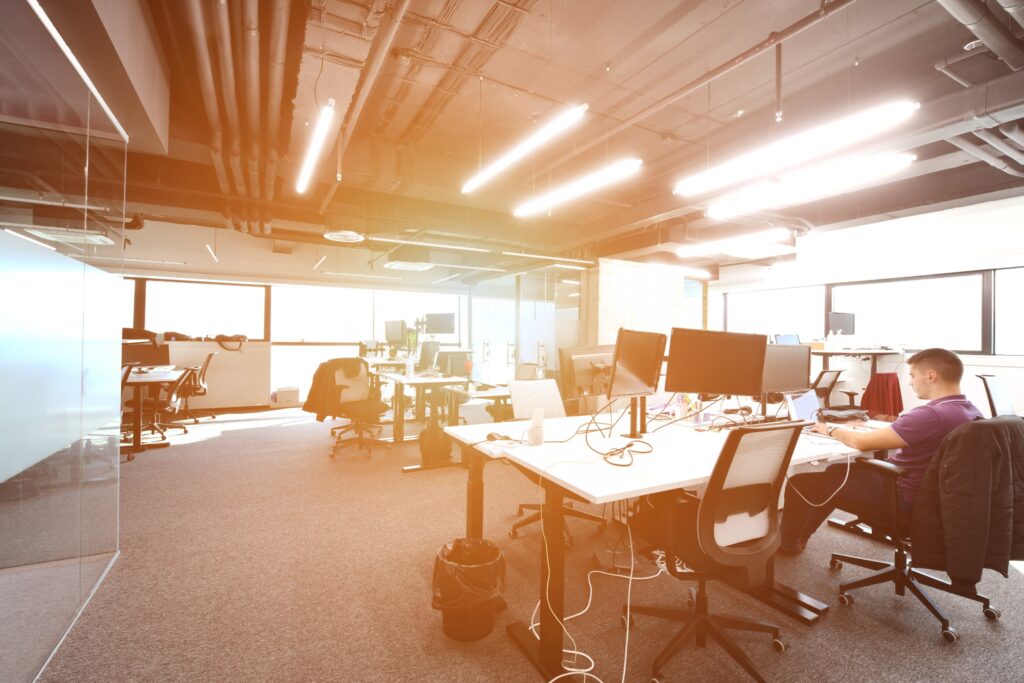
Organisations should not underestimate the importance of office design in keeping employees engaged and productive, says JLL’s Susheel Koul.
Time to adapt: Singapore businesses gear up for flexible work guidelines

Deel’s Nadia Alaee, highlights what organisations need to understand to create successful flexible work strategies.
For better employee retention, why hybrid work may offer the most value

A study found that turnover at one organisation was 33% lower among hybrid employees than those who worked in the office.
If you are watching your employees, it may be time to look away

Organisations who persistently monitor employees’ work may be losing an opportunity to build workplace inclusiveness and belonging.
Siemens’ journey to empowerment and hybrid work
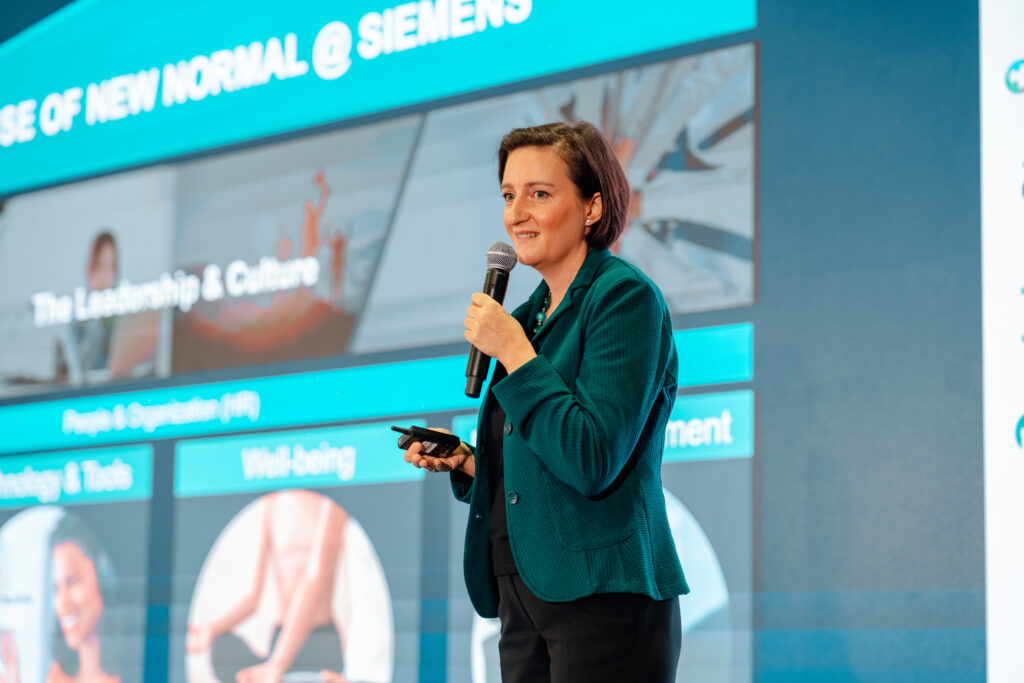
Siemens’ Evelyn Stier highlights the need for personal connections, understanding preferences, and fostering trust in hybrid work.
Empowering a more diverse workforce in Singapore with FWAs

Workplaces in Singapore should cultivate a culture of support and empathy for employees who are also caregivers.

